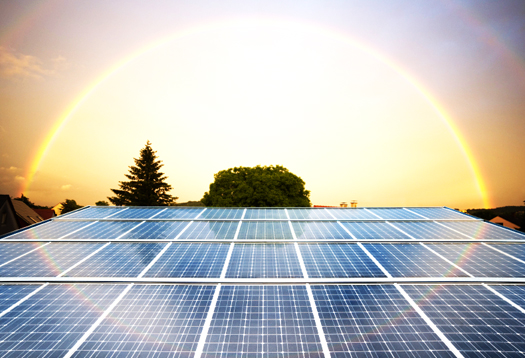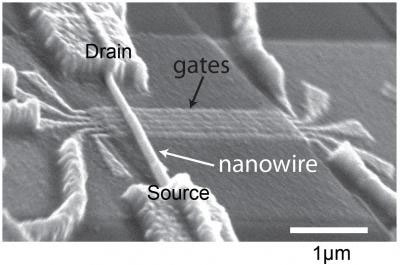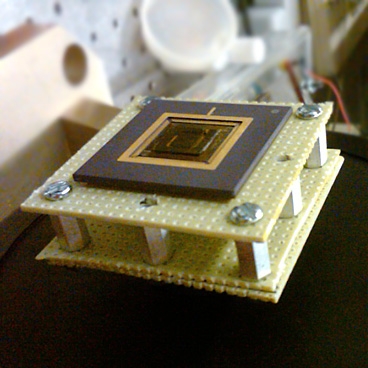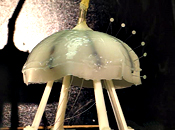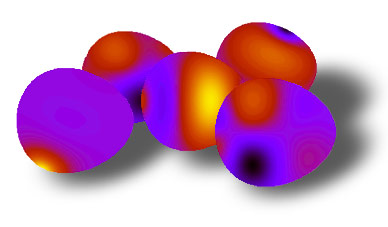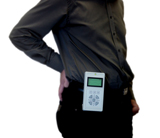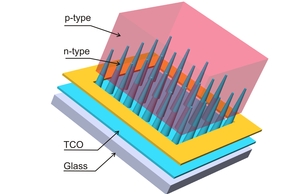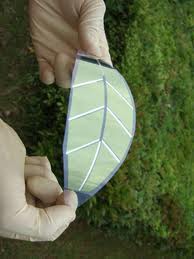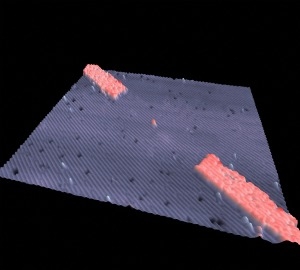Solar cells could reach 70 percent efficiency
It has long been thought that conversion efficiency of solar cells cannot exceed 34 percent for a single material or less than about 45...
Super-Fast Quantum Computer Better Controlled at Building Blocks
Scientists from the Kavli Institute of Nanoscience at Delft University of Technology and Eindhoven University of Technology in The Netherlands have succeeded in controlling...
A new MEMS device generates energy from low-frequency vibrations
Today’s wireless-sensor networks can do everything from supervising factory machinery to tracking environmental pollution to measuring the movement of buildings and bridges.
Working together, distributed...
The Robojelly built on nanotechnology and powered by hydrogen and oxygen
Researchers at The University of Texas at Dallas and Virginia Tech have created an undersea vehicle inspired by the common jellyfish that runs on...
Nanomagnets – Small Parts of the Next Magnetic Data Storage Systems
Incredible to find out, researchers have at the National Institute of Standards and Technology (NIST) developed a kind of egg shaped nanomagnets for future...
Power without the power cord
Cell phones and flashlights operate by battery without trouble. Yet because of the limited lifespan, battery power is not a feasible option for many...
Nanocone – based solar cell with 80 percent conversion efficiency
With the creation of a 3-D nanocone-based solar cell platform, a team led by Oak Ridge National Laboratory's Jun Xu has boosted the light-to-power...
Nanotechnology has increased efficiency of organic solar cells
In the solar energy field researchers are using the latest developments in nanotechnology to work on very small solar cells. Researchers are testing different...
Single-atom transistor for a future quantum computer
In a remarkable feat of micro-engineering, UNSW physicists have created a working transistor consisting of a single atom placed precisely in a silicon crystal.
The...
Next Generation of Computers and Sensors with Nanolasers
The nano-copper wires in your computer can’t process data faster than light particles can.
If light can somehow be integrated into circuits, then the processing...

